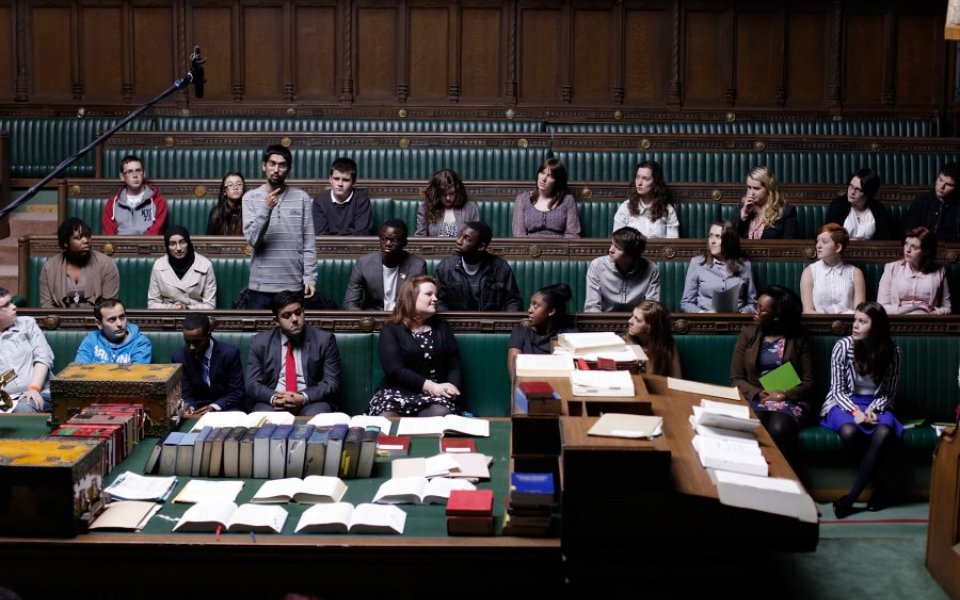MPs reject a tampon tax bill calling for a reduction in the rate of VAT on women’s sanitary products

Eurosceptic Tory MPs joined forces with Labour and the SNP in a surprising alliance last night to try to force the government to cut taxes on women’s sanitary products.
The coalition failed with MPs rejecting The Finance Bill amendment, which would have forced a negotiation with the EU to reduce VAT rate, by 305 to 287 votes.
HM Revenue and Customs (HMRC) says sanitary products are “non-essential, luxury” items and therefore subject to a 5 per cent value added tax (VAT) under EU regulation.
But campaigners have called for the government to go further to end the so-called tampon tax, with Labour MP Paula Sherriff proposing an amendment to the government’s finance bill forcing chancellor George Osborne to set out how he would negotiate with the EU to get rid of the VAT on sanitary products within three months.
Multiple Eurosceptic Tory MPs, including Steve Baker and Bill Cash, backed Sheriff’s amendment, while SNP Alison Thewliss tabled a separate amendment requiring the Treasury to calculate the costs of cutting the tampon tax. Saying sanitary products are “not an optional luxury”, Thewliss called the existing VAT “absurd”.
Financial secretary to the Treasury, David Gauke said in the debate: “This debate has highlighted the ongoing campaign to zero rate or exempt sanitary products from VAT. This has cross party support and goes back many years. This government sympathises the aim of this clause.
“The UK does not have the ability to extend unilaterally zero rating to new products. The UK has more extensive zero rating than most, if not all, other member states but any change to EU VAT law would require a proposal from the European Commission and the support of all 28 Member States. Without that agreement, we are not permitted to lower rates below 5 per cent.
“Nonetheless, as this debate illustrates there is very considerable cross-party support for the UK to abolish VAT on sanitary products. To that end…I will raise this issue with the European Commission and other member states setting out our views that it should be possible for Member States to apply a zero rate to sanitary products.”